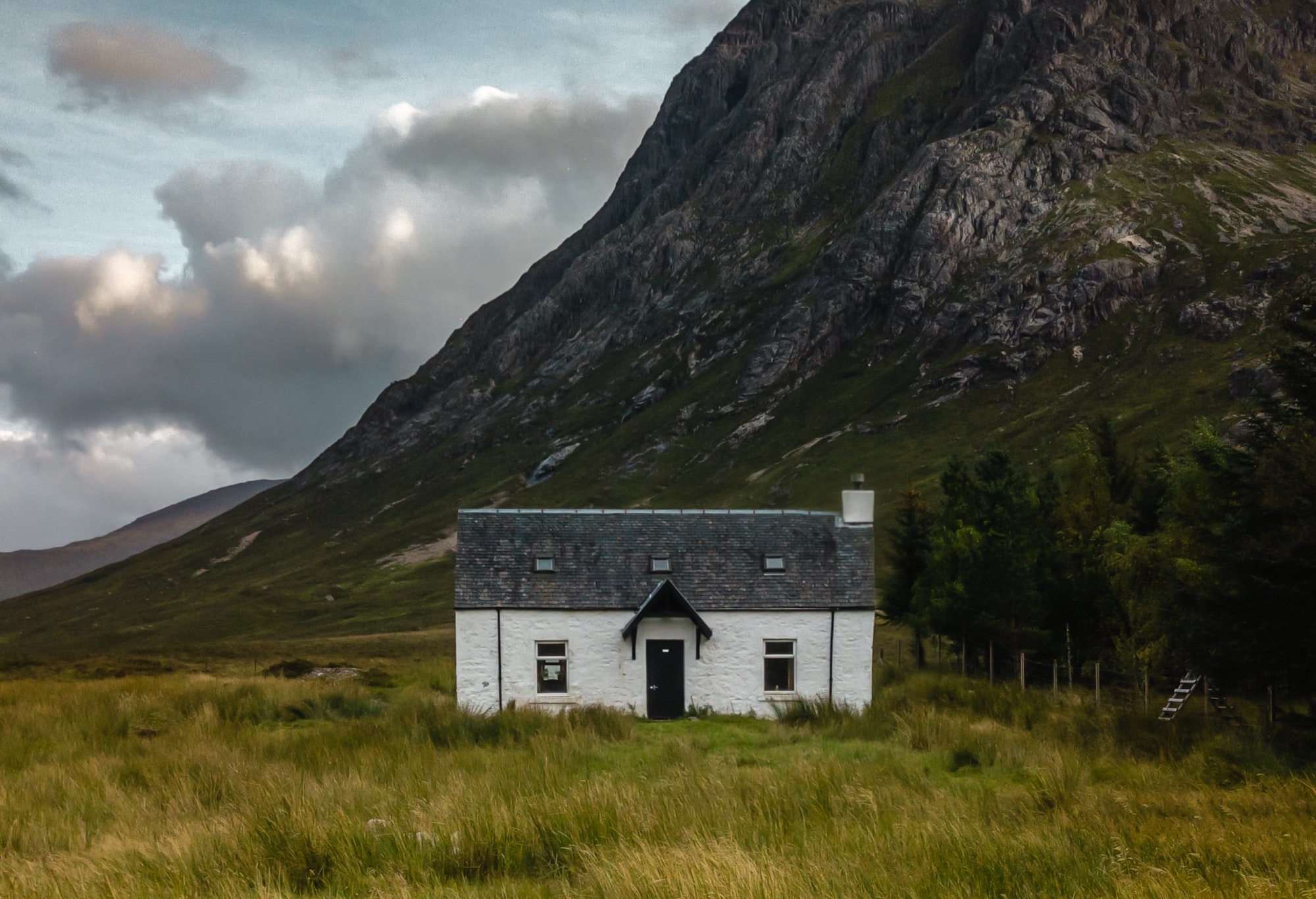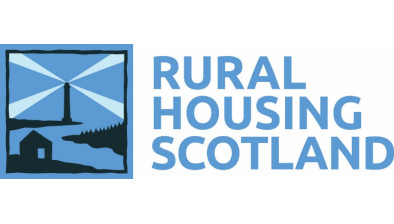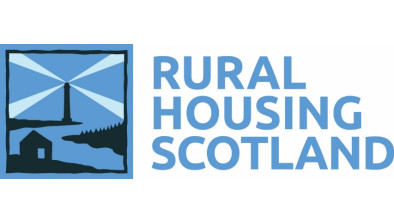Salmon industry laments increase in Highlands and islands house prices

House price rises in rural and coastal communities have soared above the Scottish average, sparking warnings that a housing crisis is stopping the Highlands and islands from becoming a “northern powerhouse”.
Registers of Scotland data shows that while prices across Scotland rose by 89% in 2022 compared to the 2004 baseline, the increase was as high as 168% in some remote areas.
The figures, analysed by Salmon Scotland, were above the national average in Argyll and Bute, the Highlands, Orkney, Shetland and the Western Isles.
Salmon Scotland, the trade body for Scotland’s farm-raised sector which sustains 12,500 local jobs and brings in nearly £800 million a year for the economy, said a housing shortage is holding back real growth in these vulnerable communities.
In many remote parts of Scotland, salmon farms are vital to the future of local businesses and communities.
Farming companies already provide accommodation for 130 employees and their families after buying or renting suitable housing, but many workers simply cannot find homes near where they work.
Salmon Scotland chief executive Tavish Scott will highlight the challenge in a keynote speech today at the Rural Housing Scotland conference in Dunkeld.
He will say that businesses are struggling to recruit and retain workers and call for £10m of the money paid by salmon farmers in government rents to be ringfenced for direct investment in rural housing.
At present, millions of pounds paid by salmon farming companies go to the Crown Estate Scotland – the property company which manages the coastal seabed on behalf of the Scottish Government.
Mr Scott will highlight that housing supply shortages are not just a problem for the salmon sector, but for the wider rural economy.
As well as house price rises, the situation is exacerbated by the number of empty homes – with the Western Isles reported as having the highest percentage in the country – and properties being snapped up by buy-to-let landlords.

Change in house prices 2004-2022 (Source: Registers of Scotland)
According to recent research by money.co.uk, in Na h-Eileanan Siar, 13.3% of dwellings are vacant, while the figure is 10.4% in Argyll and Bute, 9.1% in both Orkney and Shetland, and 6.7% in the Highlands.
Mr Scott said: “A lack of affordable housing is stopping the Highlands and islands from becoming a northern powerhouse.
“Salmon farming companies are using their own money to provide warm, comfortable, quality accommodation for people who fill essential roles. We also use rentals, B&Bs and hotels which contribute to the local economy all year round.
“But the salmon sector can’t solve this crisis alone – urgent action is needed to address the most pressing issue we face across the Highlands and islands.
“That’s why we suggest that £10m of the money that salmon farmers pay to the landlord Crown Estate Scotland could be invested in tackling the housing crisis.
Mr Scott continued: “The impact of a lack of affordable housing cannot be underestimated – it means not being able to live near where you work, it separates families and contributes to the depopulation of our island communities.
“Salmon Scotland will continue to champion our coastal communities and do everything we can to be part of the solution to one of the biggest problems facing the region.”
Salmon worker Norman Peace knows only too well the housing problems affecting island life.
The 34-year-old counts himself lucky to have found a home for his growing family on the Orkney island of Stronsay.
Mr Peace moved there from Orkney’s Mainland with employer Cooke Aquaculture Scotland helping provide a four-bedroom house when he was promoted to a new role.
Now almost three years later, Mr Peace and girlfriend Nicole Ross take an active role in community life and are looking forward to the birth of their second child in June.
Mr Peace, site manager at Cooke’s Mill Bay organic salmon farm, said: “There’s not really that many houses readily available either to buy or rent.
“Without the relocation support from Cooke I would have struggled to get a house. It was one of the better houses available at the time and Cooke helped with renovations as well.
“The lack of housing affects a lot of the islands. Young people leave to go to university or get a job elsewhere. With the younger ones moving, most of the islands in Orkney are ageing.
“There’s more availability on Orkney mainland but not much happening out in the islands. We could do with more council or social housing. People are looking for houses, but they are all full.”








